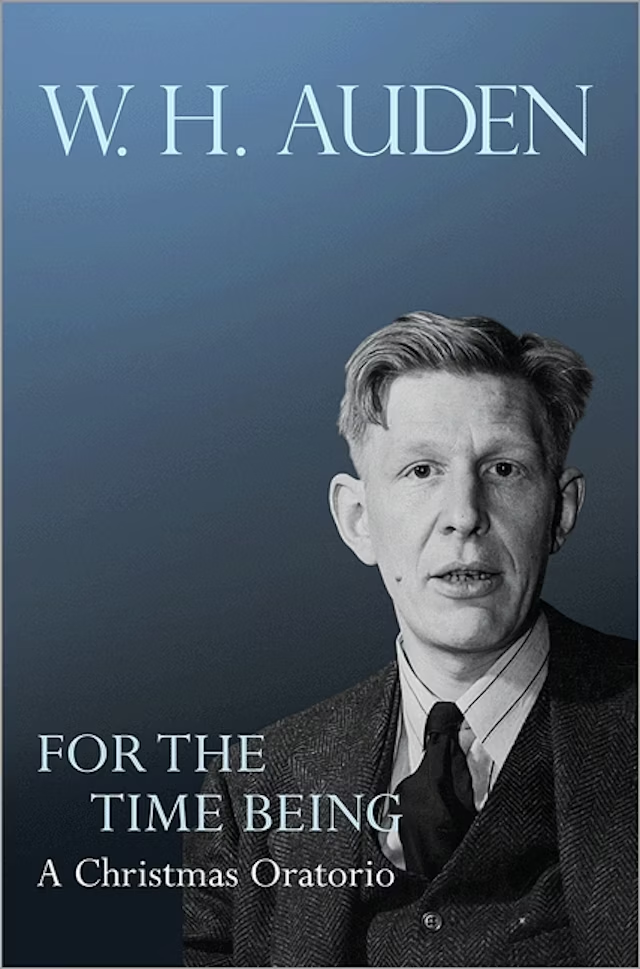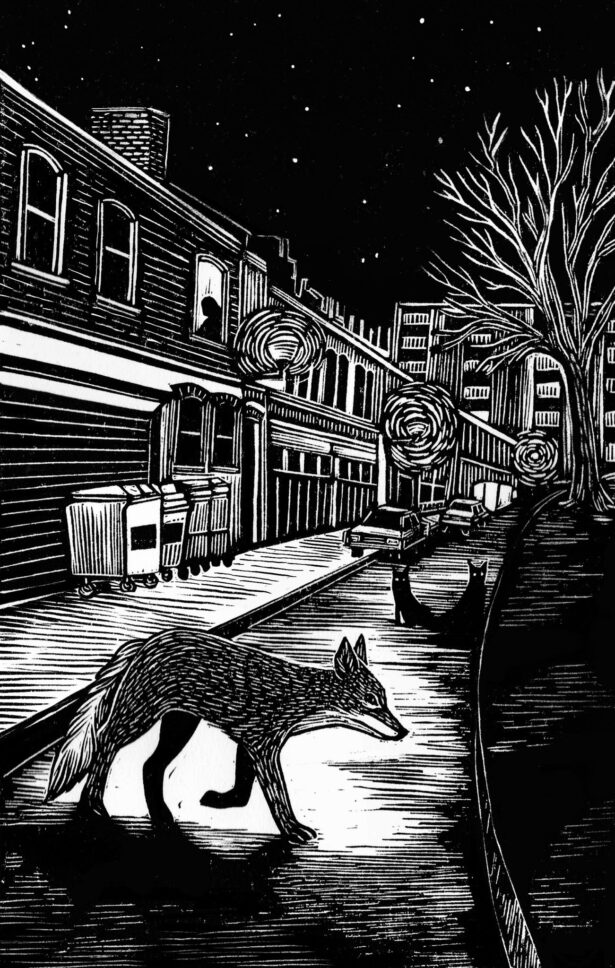Advent and Other Thoughts


Now that Advent is here, it’s an excellent time to begin reading Auden’s Christmas oratorio, For the Time Being. In my Introduction to that edition — an edited excerpt of which you may find here — I wrote,
According to the Christian liturgical calendar each year begins with the season of Advent, which uniquely concerns itself with past and future events: it remembers the first coming (“advent”) of the Messiah and looks forward to the day when, as the Nicene Creed puts it, Christ “will come again in glory to judge the living and the dead.” To be a Christian is to live between these two advents, to be thankful for the salvation brought by the first Advent and to be soberly penitent in light of Christ’s inevitable return in judgment. The believer therefore lives poised, as it were, on a cusp, with Before and After falling off on either side of the moment.
And, as Auden says, with “the Time Being to redeem.”

According to Patrick Hartigan, an astronomer at Rice University, at the winter solstice this year Jupiter and Saturn will appear closer together than they have in 800 years.
The Oxford English Dictionary usually names a Word (or sometimes Short Phrase) of the Year — in 2019 it was “climate emergency” — but in 2020 they just can’t pick one. This has been, among many other things, a year of linguistic generativity and indeed profligacy. My word of the year? Crump.
But here is Kevin Williamson with better thoughts, in a really superb essay:
Unless I am much mistaken, there is a growing sense, combining present dread with wary hope, that we are near to the end of the coronavirus epidemic, that the vaccines coming into use will bring the situation under control — but that this is not going to happen until the end of a long, cold, lonely winter. Maybe there is some Providence in the timing: There is a reason that so many religious traditions have something like Lent, and that it is in the dark months that we choose to prepare ourselves for gratitude. And we need preparation: Virtues do not come easily to us — not to me, anyway. The calendar is a teacher, too: We celebrate the harvest and then prepare for the lengthening darkness of winter, which is not a punishment but a preparation.
Cal Newport on ASMR rooms. I like these things, cheesy and twee though they often are, and put one on from time to time. But not the Harry-Potterverse ones, though they are astonishingly common, as are representations of 221B Baker Street, London. They seem to be especially popular among students trying to focus, and for that audience they serve the same purpose as the various lo-fi hiphop channels.
What’s necessary here is coziness, and it’s interesting to think of the technological character of the Ultimate Cozy. It can’t have anything digital, and ideally there won't be any electricity either: lighting comes from gas lamps, candles, and fireplaces. But you need well-made tables and comfy leather chairs placed on thick-piled carpets. It’s always raining or snowing outside, but the rooms are clearly well-insulated and properly sealed. You want to be surrounded by a harsh environment that can’t get to you, and you don't want to be distracted by the online world.

One real-life equivalent of this aesthetic: Winter storm watching on the west coast of Vancouver Island. My wife Teri and I have wanted to do this since we first learned about it fifteen years ago when we were visiting Tofino (though our visit was in the summer). A warm snug room, a bottle of good red wine, and massive waves crashing onto the beach below you — what could be better?

We began with a poem, so let’s conclude with one, shall we? This is by the invaluable Scott Cairns.
Adventures in New Testament Greek: Nous
You could almost think the word synonymous
with mind, given our so far narrow
history, and the excessive esteem
in which we have been led to hold what is,
in this case, our rightly designated
nervous systems. Little wonder then
that some presume the mind itself both part
and parcel of the person, the very seat
of soul and, lately, crucible for a host
of chemical incentives — combinations
of which can pretty much answer for most
of our habits and for our affections.
When even the handy lexicon cannot
quite place the nous as anything beyond
one rustic ancestor of reason, you might
be satisfied to trouble the odd term
no further — and so would fail to find
your way to it, most fruitful faculty
untried. Dormant in its roaring cave,
the heart’s intellective aptitude grows dim,
unless you find a way to wake it. So,
let’s try something, even now. Even as
you tend these lines, attend for a moment
to your breath as you draw it in: regard
the breath’s cool descent, a stream from mouth
to throat to the furnace of the heart.
Observe that queer, cool confluence of breath
and blood, and do your thinking there.